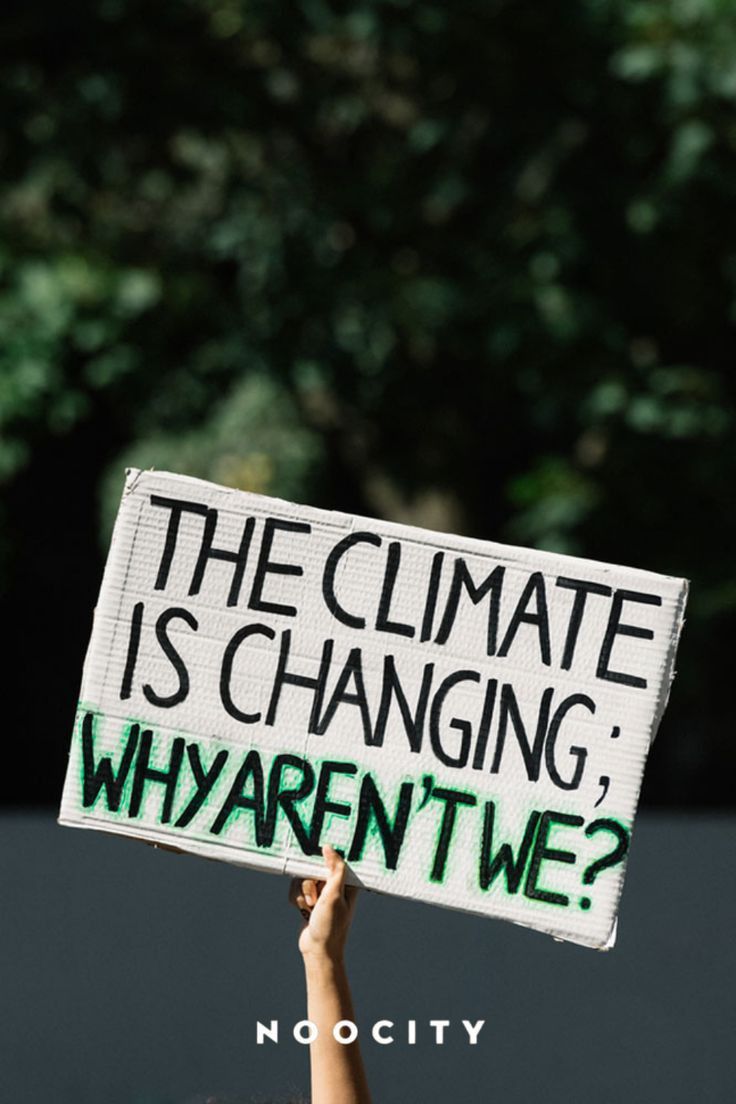Currently the UK is positioned as a global climate leader, due to a 48% reduction in greenhouse gas emissions since 1990. The government regularly publishes reports suggesting we are on track to meet the net-zero targets as in the Paris agreement. These reports may only be surface level, as the UK may be exporting the environmental footprint as heavy carbon items are imported. This is climate offshoring, and raises the question: is the UK cutting emissions, or are they just shifting the blame?
What is Being Measured?
Official reports including the ones published by the department for energy security and net zero (DESNZ) only track the territorial emissions, which only account for the greenhouse gases produced inside the UK borders. According to these measurements, the UK’s emissions have been in decline for the last thirty years as a result of coal phaseouts and investment in renewable energy.
However, these reports neglect consumption-based emissions, which refers to carbon emission generated by imported goods and services. These emissions occur outside the borders, typically in countries without strict environmental regulations. As products being produced in the UK are declining and the imports have increased, so has the possibility of emissions been outsourced. This in essence is climate offshoring, when the environmental costs of consuming are displaced to other nations.
The Reality
A 2022 study from the University of Leeds stated the UK’s consumption-based emissions have not fallen at the same rate as the territorial ones and sometimes have even risen. The climate change committee (CCC), the government’s independent advisory body, has warned discrepancies like this threaten the public’s trust in the climate policies. In the 2020 progress report, the CCC started “territorial emissions do not capture the full climate impact of the UK consumption” and called for more clarity.
Case Studies
An example is the steel industry which offers a clear image. Since the 1980s, the UK steel production has shut down due to rising costs and tightening environmental regulations. However, the domestic demand has not changed, meaning it has just been met by imports, predominantly from Asia. This shows a drop in the UK’s territorial carbon production but not the global carbon costs of the UK’s steel use.
This is seen again in fast fashion, UK shoppers purchase billions of garments annually, most of which are produced overboard. A 2021 report from Chatham House has estimated that imported clothing alone accounts for the equivalent of thirty million tonnes of CO2, none of this is on the territorial UK reports.
The Accountability Gap
These gaps matter. The use of territorial emissions reporting, which is compliant with the IPCC international guidelines, paints a partial but misleading picture. It enables politicians to claim progress without looking at the entire environmental impact of national consumption. In doing so, it risks a greenwashing situation with a story of climate leadership which in the end ignores the UK’s role on a global scale.
What’s Next?
So, is the UK guilty of climate offshoring? In a word, yes. While as a nation there have been legitimate strides in reducing domestic emissions, there is a benefit from a globalised economy which allows the consumption of high-emission products without owning the carbon generated.
In order to address this, the UK must look beyond territorial reporting. The government’s climate targets should start incorporating consumption-based accounting, giving a more accurate reflection of the UK’s environmental impact. Policies such as carbon border adjustments which tax imports based on their carbon content could help level the playing field and encourage lower-emission production globally.
Ultimately, climate change affects the entire planet, not just individual nations. Cutting local emissions does not mean a lot if pollution is just passed on to other countries. A serious climate strategy must keep the focus on emissions wherever they originate because where they come from does not change the climate impact.
Another article you may enjoy: https://thebadgeronline.com/2025/04/dr-iris-asllani-has-worked-at-the-clinical-imaging-science-centre-cisc-for-the-past-7-years-despite-the-pandemic-having-distorted-her-sense-of-time-with-a-background-in-theoreti/

